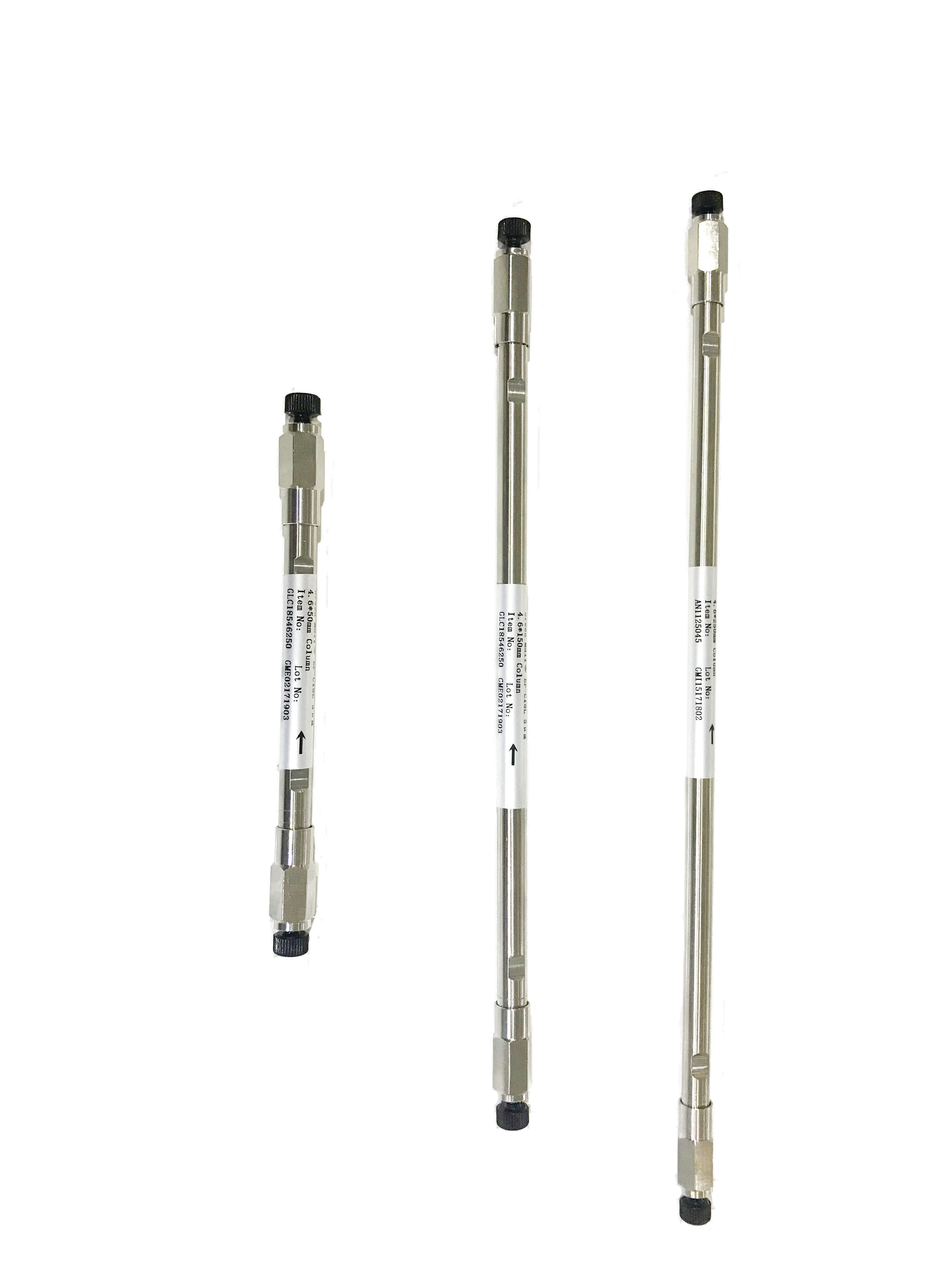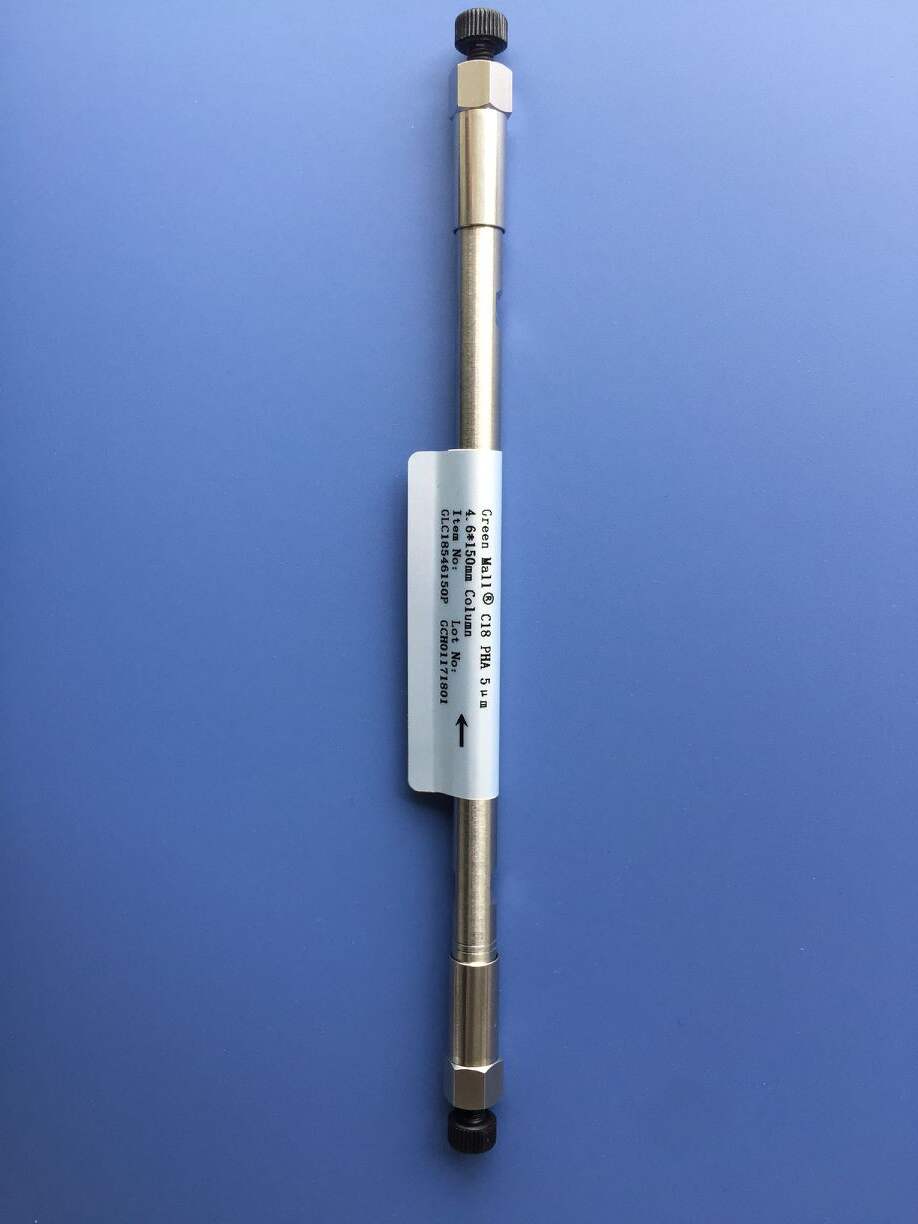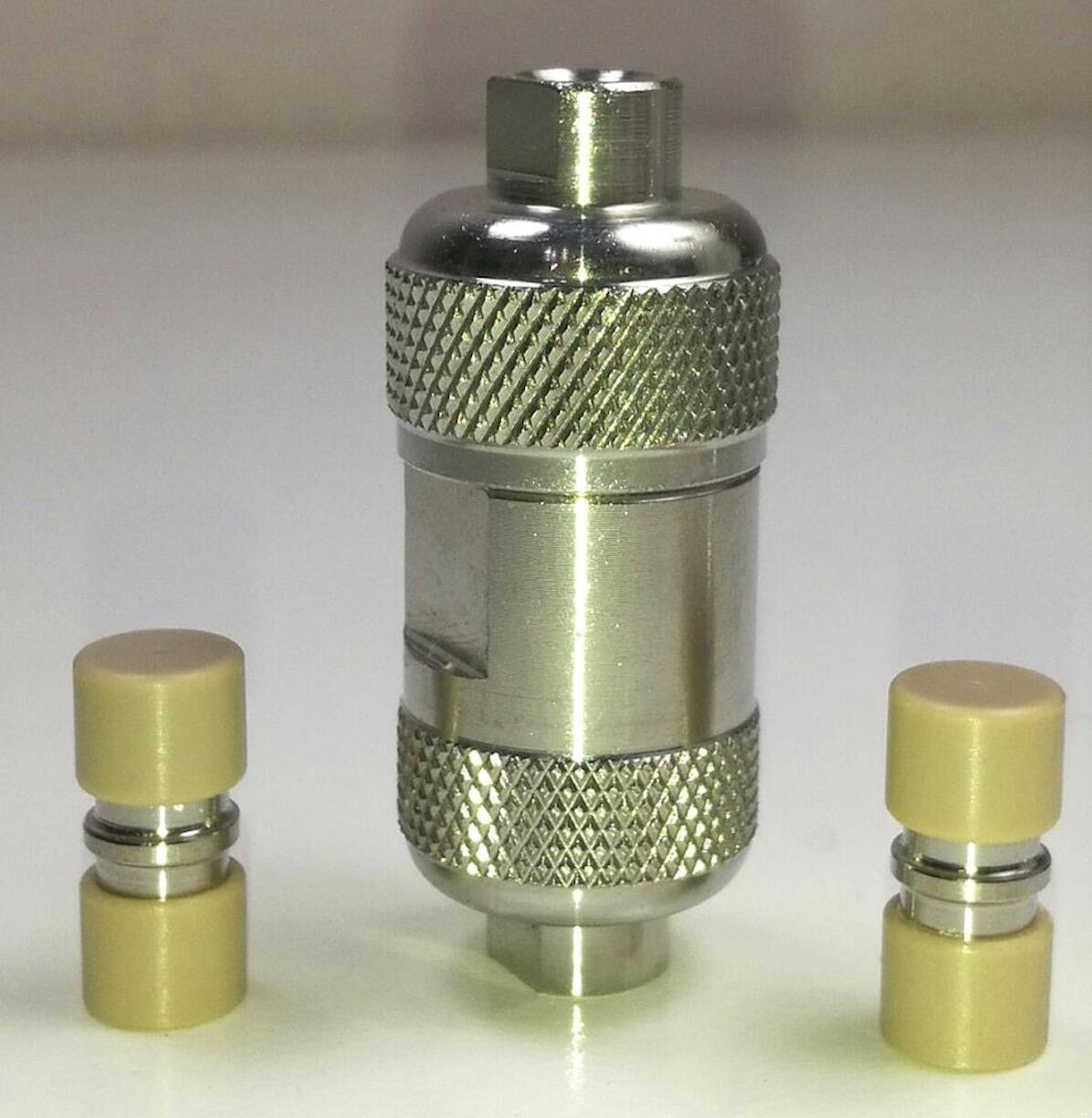colún crómataigh faighneán chrua
Is é colún chromateach eagrach níos faide a thugann tasc bunúsach sa scéalaíocht díospóireachta chimiúil láithiú. Tá staid fosta hidrofóbha ag an gcolún speisialta seo, atá gnách go bhfuil síolta sílica leagtha in iúl orthu le heanghainn hidrocarbónacha, a chumasann daoine scileanna na ndroimhe a shonrú ar a gcásaitheacht. Oibríonn an colún trí chur droimthe níos lú polairteach isteach agus chur na n-ionsaí níos polairteach amach ar dtús, ag cruthú méadóg éifeachtach don sonrú droimhe míoraimh. Úsáidtear téicneolaíocht seo trí chomhthógáil phríomscaigh agus phríomscaigh fosta, áit a bhfuil an phríomhscaigh fosta de ghnáth comhcheangal uisce agus solutáidí orgánacha. Tá smiorraí agus modhnuithe bráite ar an struchtúr inmheánach den cholún le haghaidh an oiliúint is fearr agus athfheiceáil na n-ionannais sonraithe. Tá na colúnacha seo ar fáil i ranga éagsúla dimensiún agus méid spailc, ag ligean do shaithnitheoirí roghnú an chumhacht is fearr dóibh féin iadóirí. Is féidir le colúnacha chromateach eagrach bheith neamhfhlaithe i mbeartas anailís farmasiúcál, monatóireacht domhanda, teastáil sláinte bia agus taighde biocimiúil. Tá sé acu cumas droimthe níos cromta a shonrú ón gcuid is lú go dtí na hiomadromaí níos mó, cinntiú toradh airde le fiúneas uafásach.


